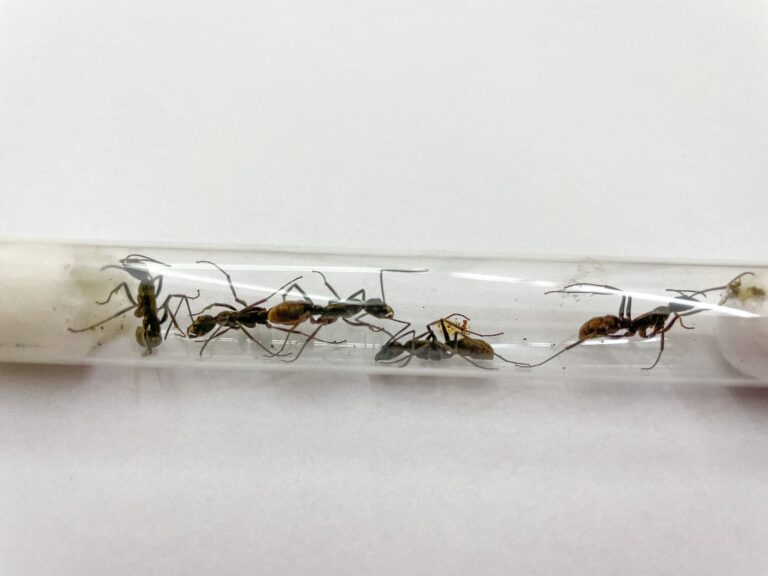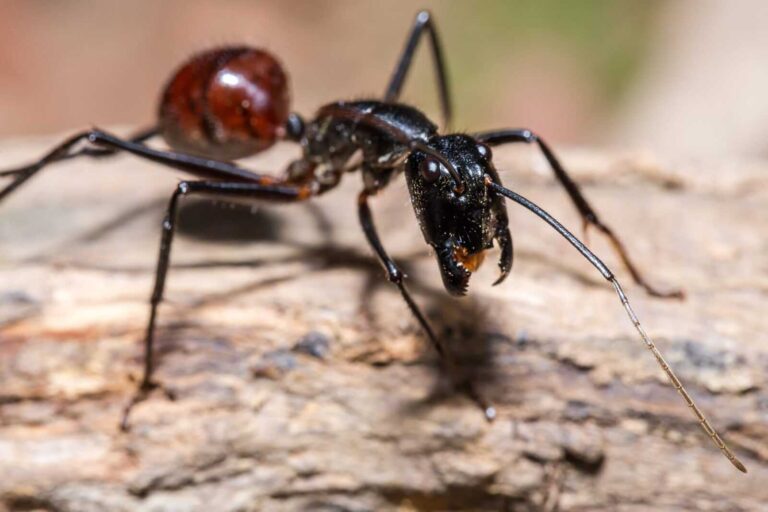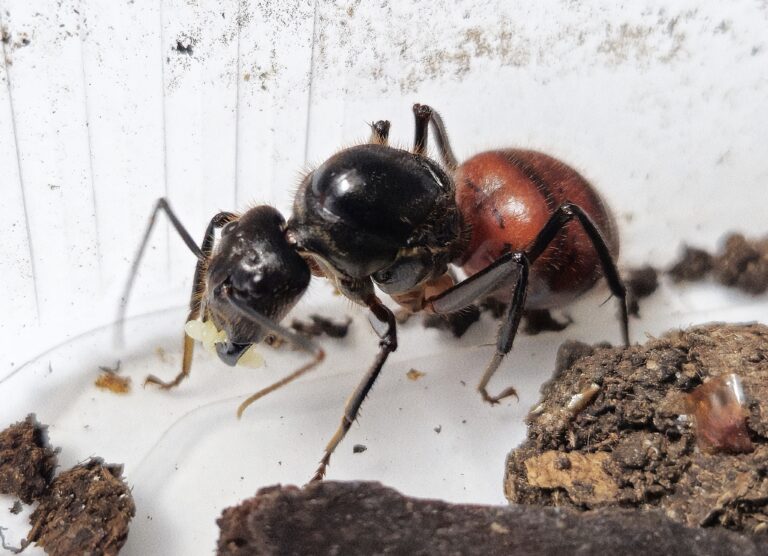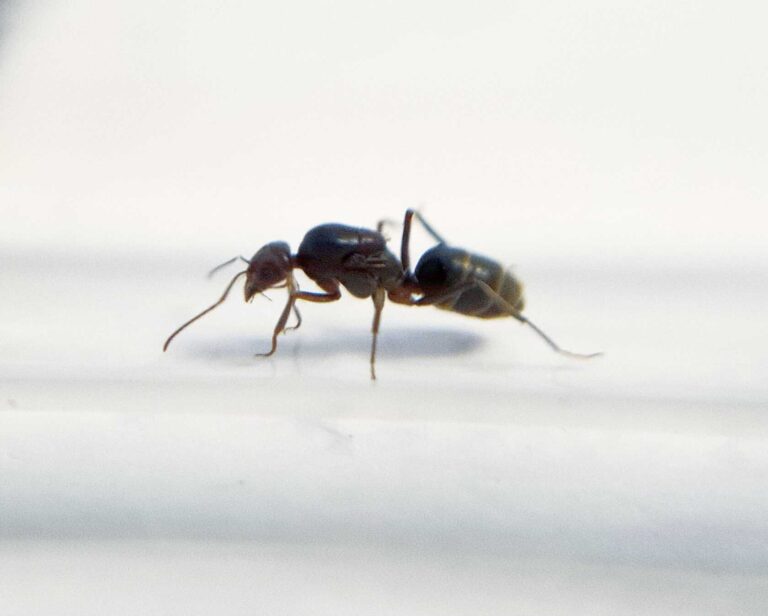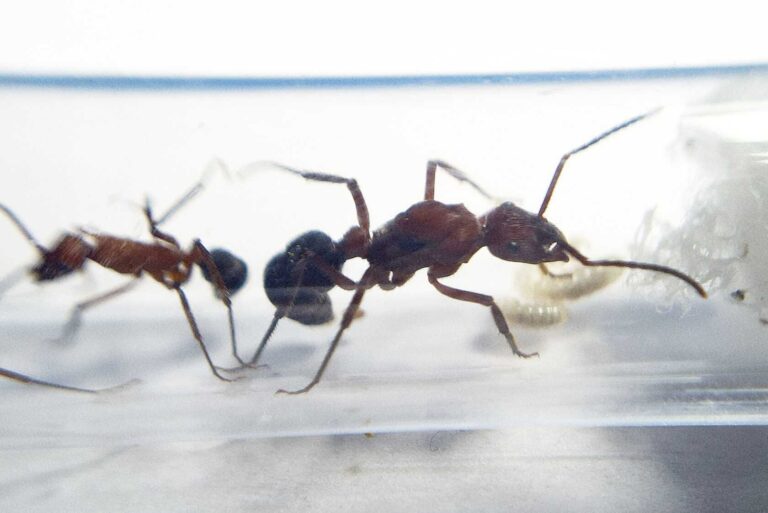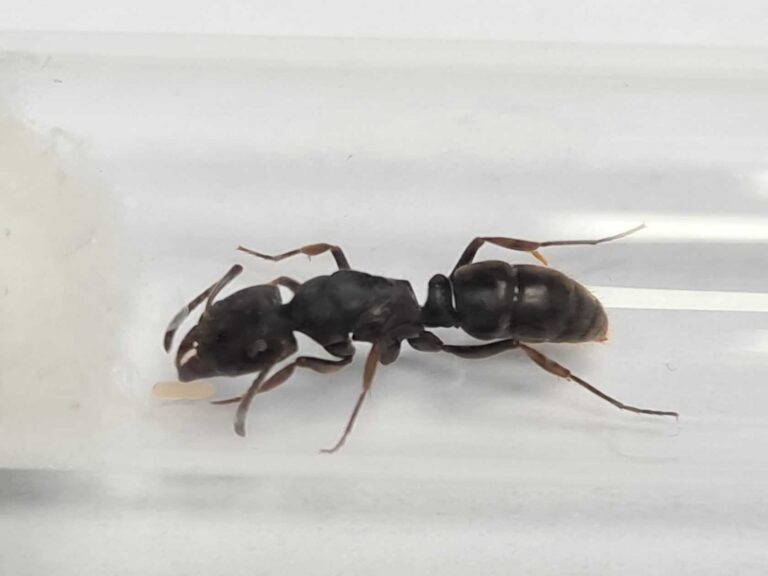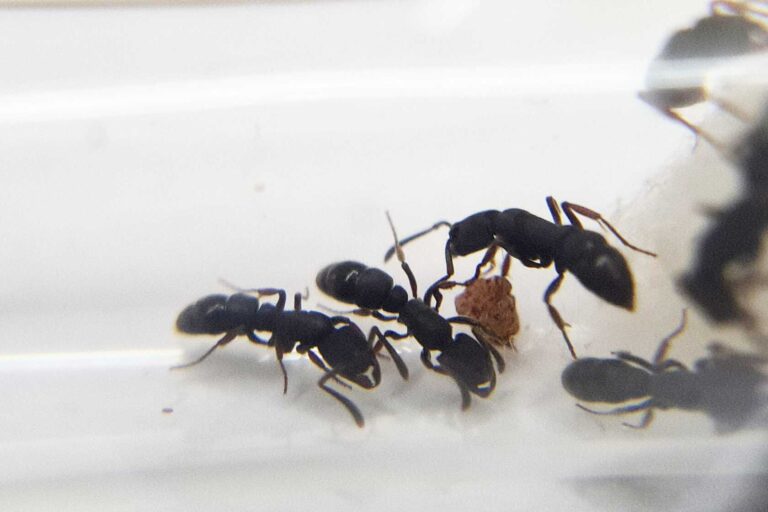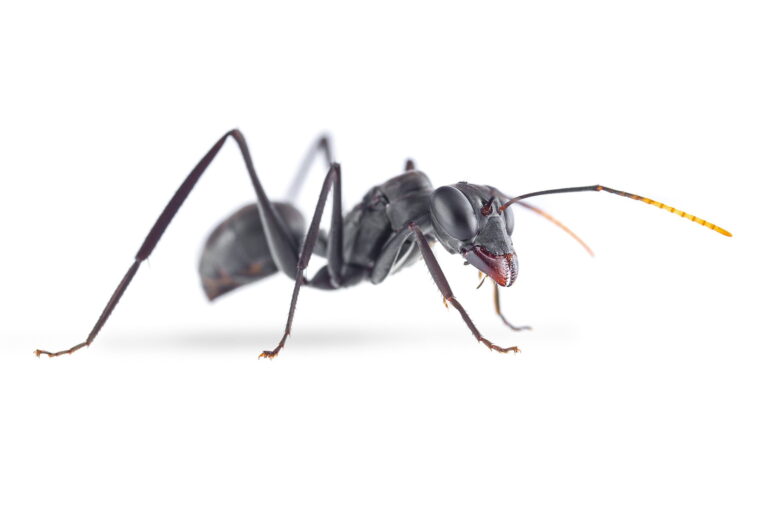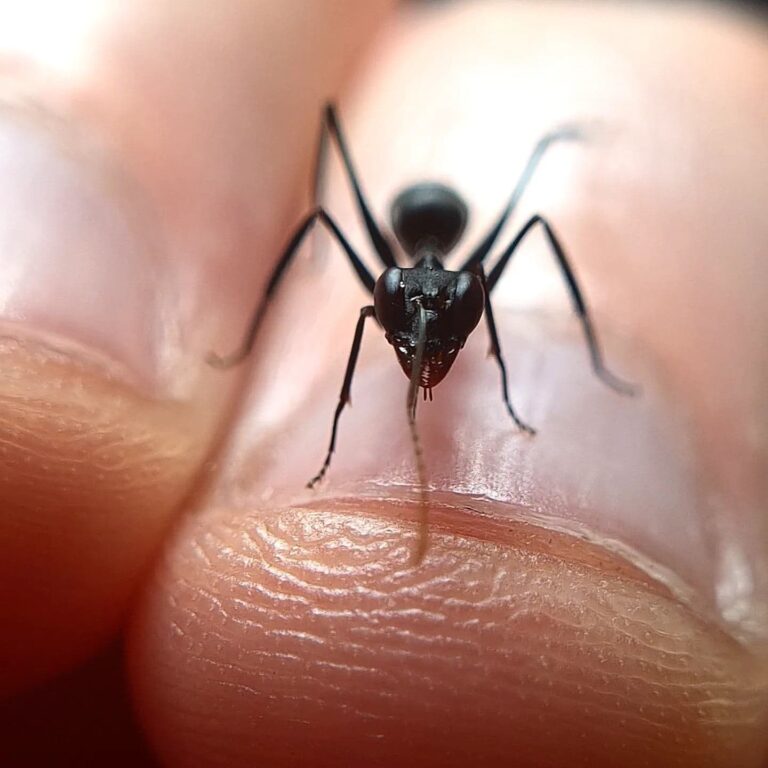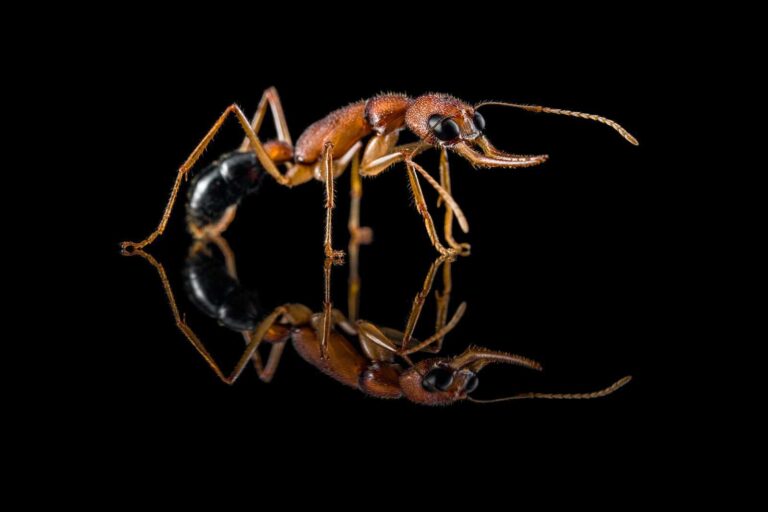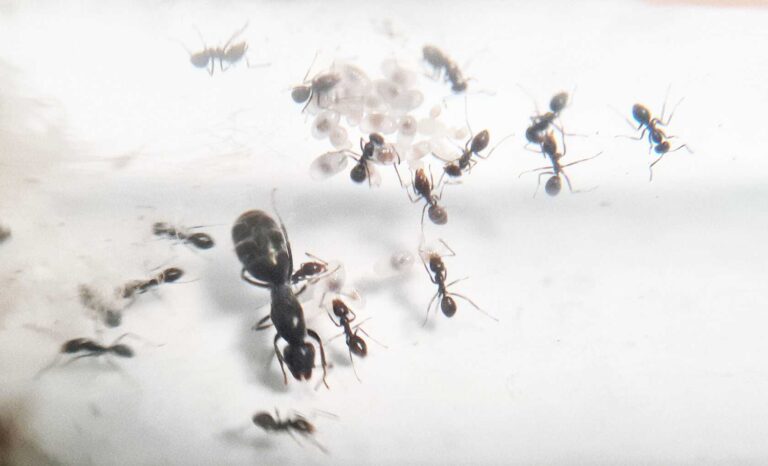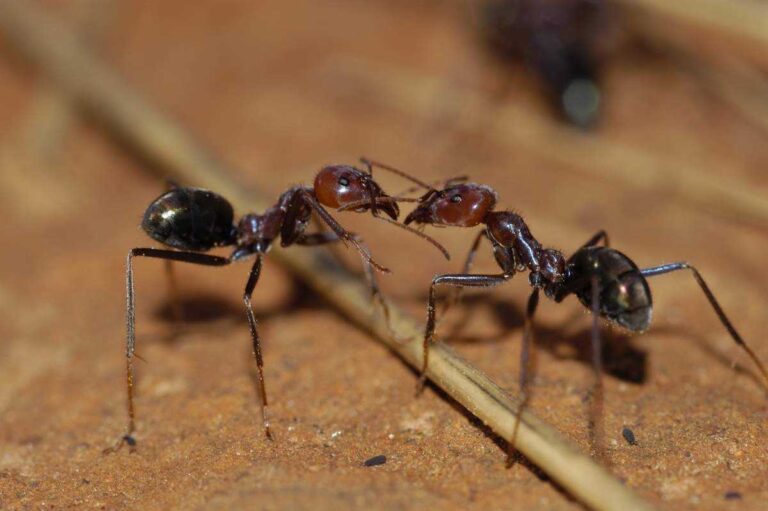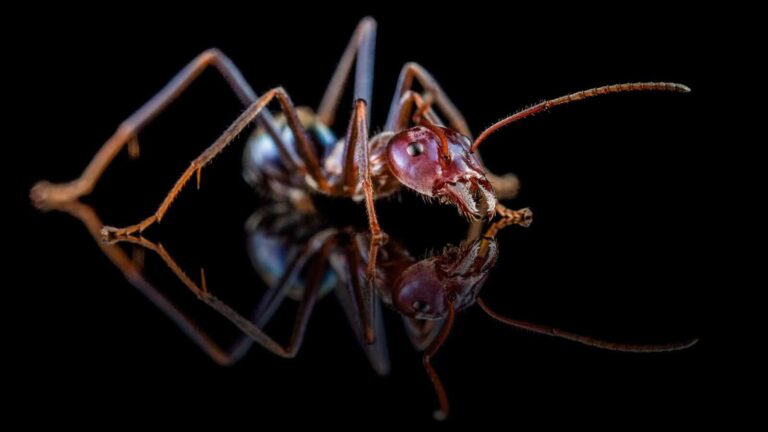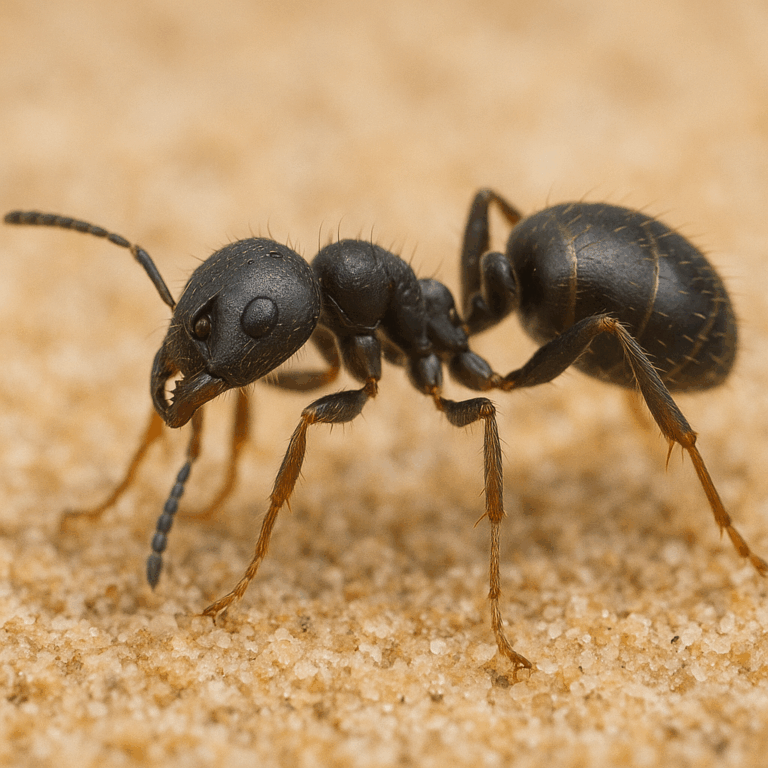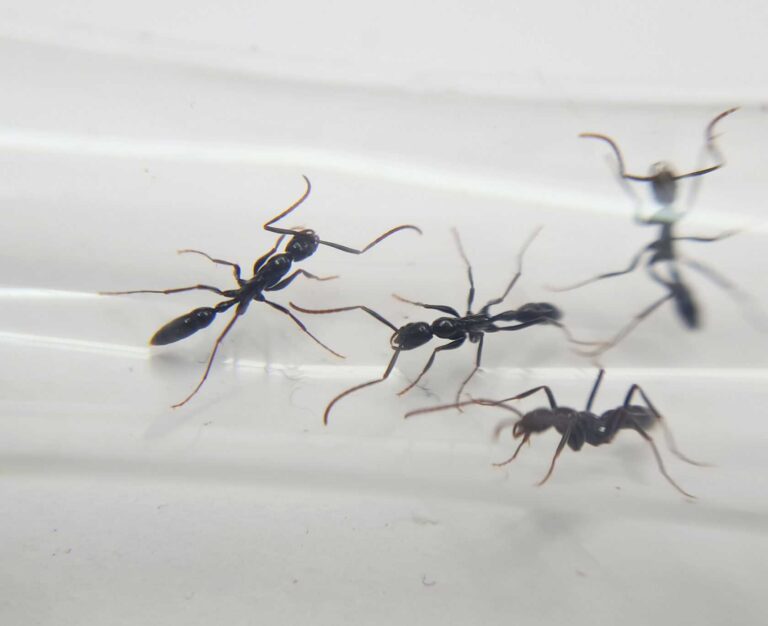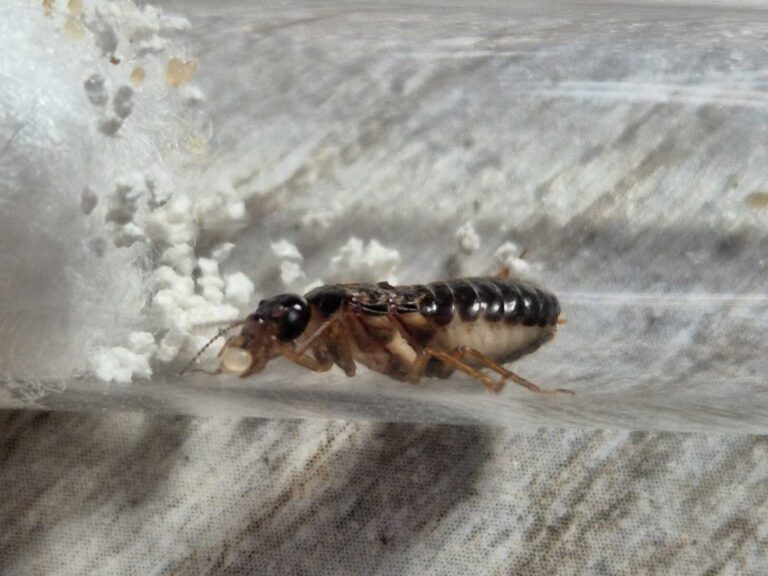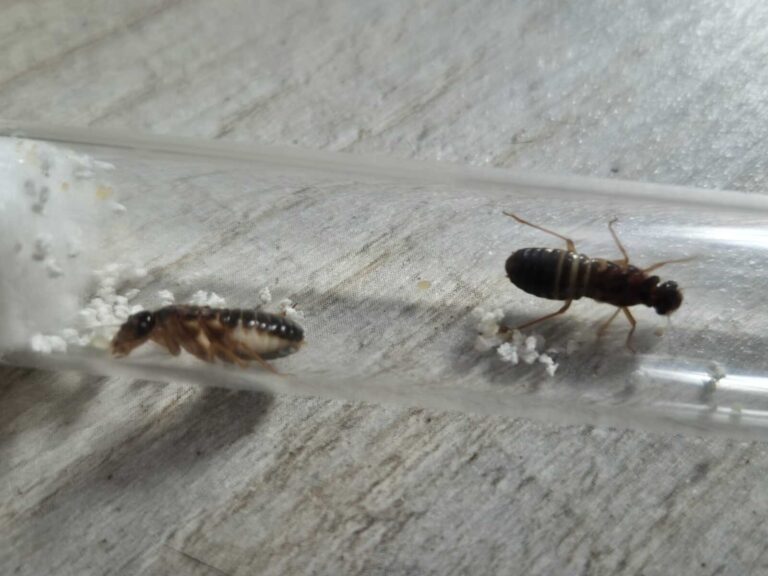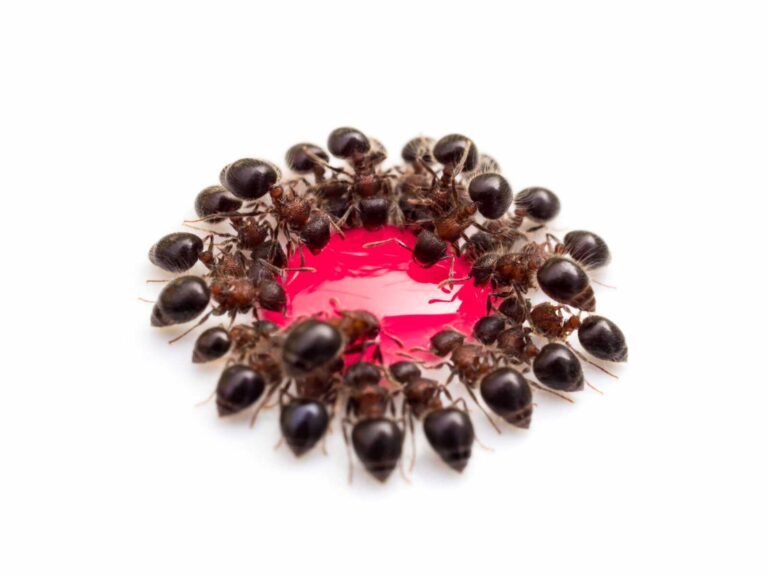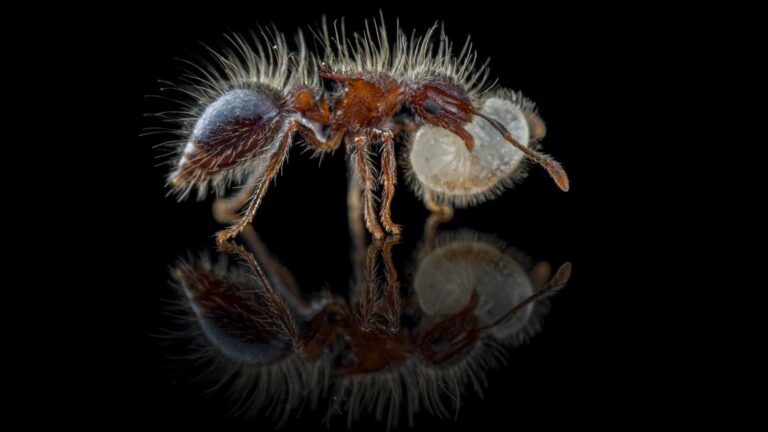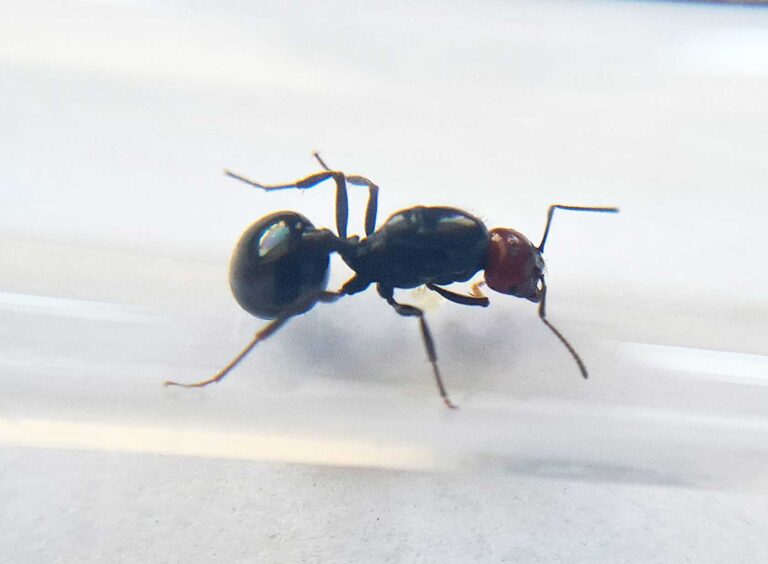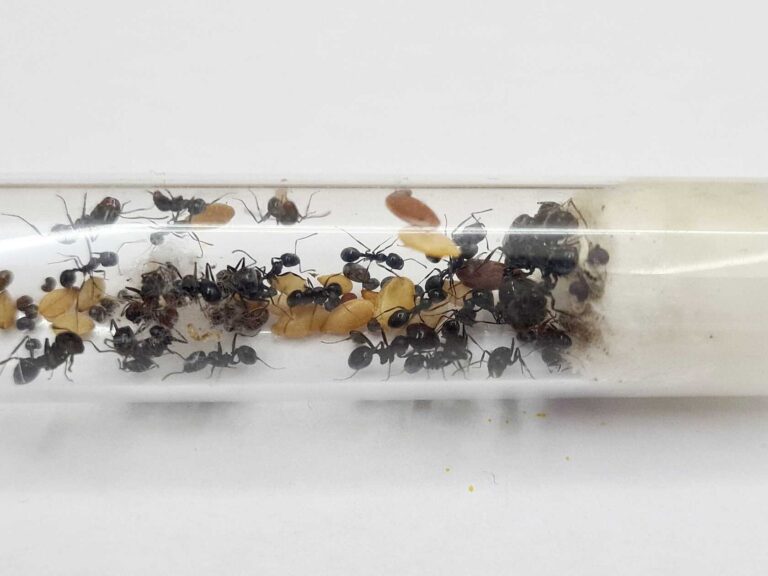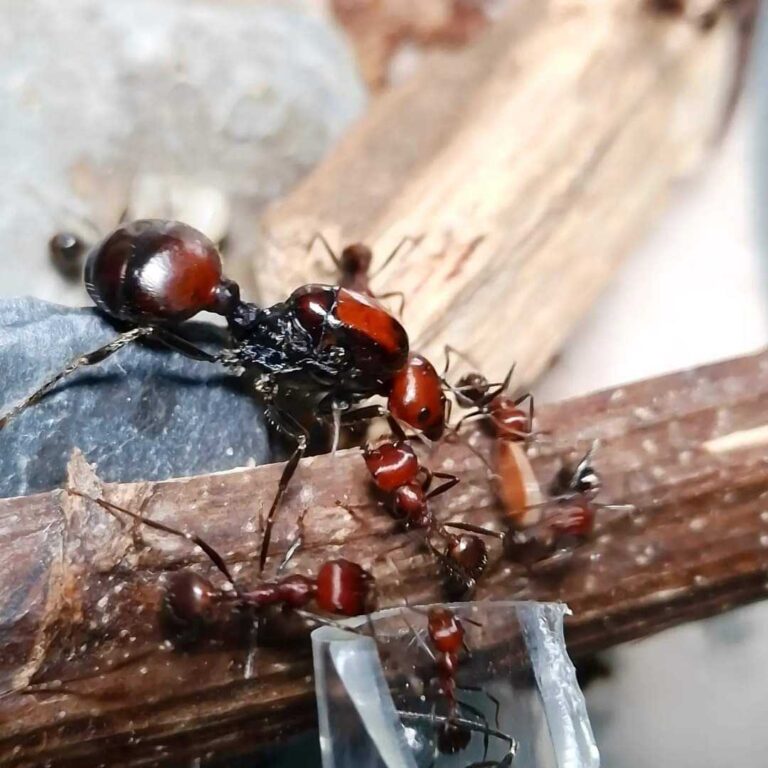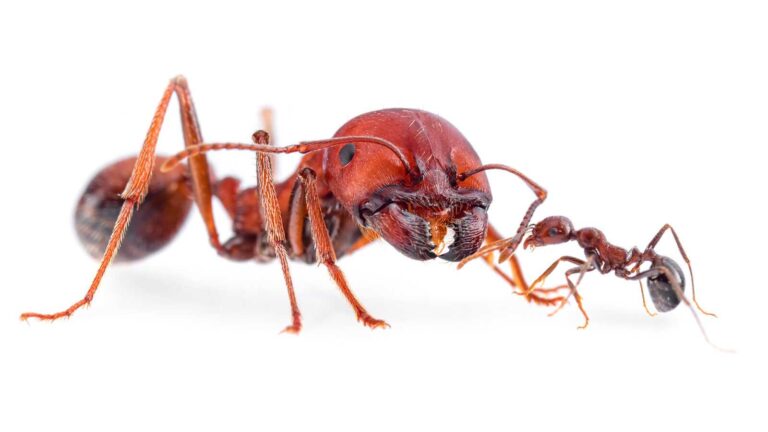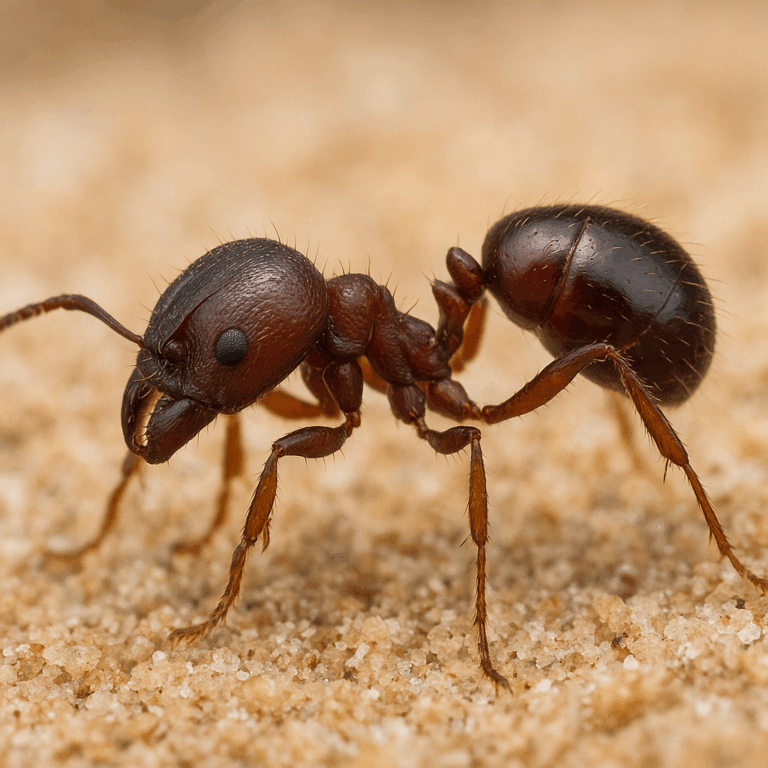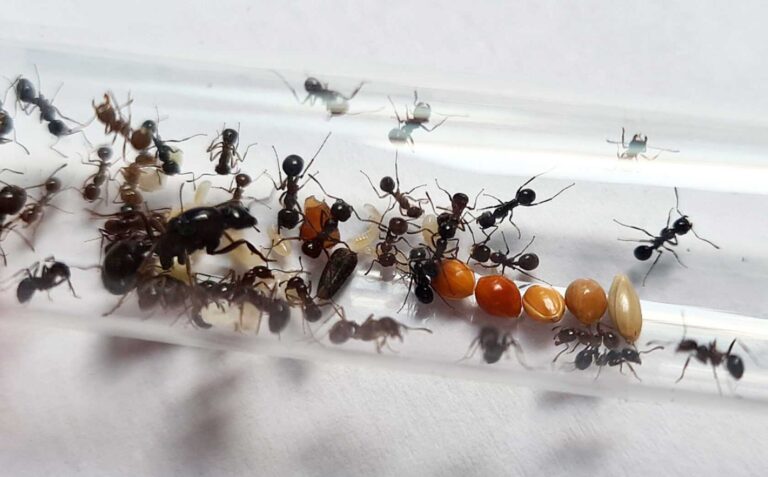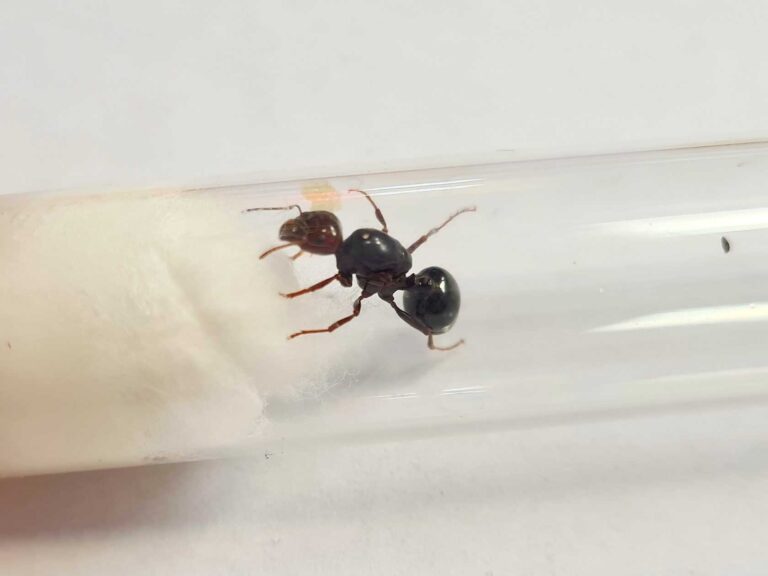Showing 141–160 of 269 results
Product categories
Stock status
Filter by price
Behavior
Defficulty
Number of workers
- Queen 258
- Queen and 1-50 workers 12
- Queen and 1-3 workers 249
- Queen and 4-10 workers 252
- Queen and 11-20 workers 252
- Queen and 21-40 workers 252
- Queen and 41-60 workers 246
- Queen and 61-100 workers 146
- Queen and 51-100 workers 12
- Queen and 101-200 workers 33
- Queen and 201-500 workers 17
- Queen and 501-1000 workers 9
- 2 Queens 26
- 2 Queens and 1-50 workers 6
- 2 Queens and 1-3 workers 24
- 2 Queens and 4-10 workers 24
- 2 Queens and 11-20 workers 24
- 2 Queen and 21-40 workers 22
- 2 Queens and 41-60 workers 23
- 2 Queens and 61-100 workers 13
- 2 Queens and 101-200 workers 14
- 2 Queens and 51-100 workers 6
- 2 Queens and 201-500 workers 8
- 2 Queens and 501-1000 workers 2
- 3 Queens 15
- 3 Queens and 1-50 workers 6
- 3 Queens and 1-3 workers 15
- 3 Queens and 4-10 workers 15
- 3 Queens and 11-20 workers 15
- 3 Queens and 21-40 workers 15
- 3 Queens and 41-60 workers 15
- 3 Queens and 61-100 workers 9
- 3 Queens and 51-100 workers 6
- 3 Queens and 101-200 workers 11
- 3 Queens and 201-500 workers 8
- 3 Queens and 501-1000 workers 1
Origin
Filter by size
MicroMicro 10
SmallSmall 51
MediumMedium 133
LargeLarge 61
HugeHuge 14
Wintering
Diacamma violaceum
479,90 zł – 729,90 złPrice range: 479,90 zł through 729,90 złDiacamma violaceum is a species of ant with a gamergate colony type. The colony can grow up to 800 workers and has a medium development rate. The workers are 16-20mm in size and have a dark gray color with golden hairs. Their nutrition consists of food insects, syrup, fruit, vegetables, jelly, and cooked chicken without salt.
Dinomyrmex gigas
2599,90 zł – 5690,90 złPrice range: 2599,90 zł through 5690,90 złDinomyrmex gigas is a monogynous ant species with colonies of up to 2000 workers. They have slow development speed. The queen measures 29-36 mm, workers are 18-24 mm, and majors are 23-28 mm. They are black with a red-orange flake coloration. Their diet includes food insects, syrup, fruit, vegetables, jelly, and cooked chicken.
Dorymyrmex pogonius
399,90 zł – 449,90 złPrice range: 399,90 zł through 449,90 złDorymyrmex pogonius is a monogynous ant species with colony sizes of up to 5000 workers. They have a slow development speed and the queen measures 9-10 mm while workers measure 4-6 mm. They are characterized by their black color with a red-orange flake. Their nutrition consists of food insects, syrup, fruit, vegetables, jelly, and cooked chicken without salt.
Ectatomma opaciventre
1389,90 zł – 1949,90 złPrice range: 1389,90 zł through 1949,90 złEctatomma opaciventre ants are visually striking, with beautiful orange workers and contrasting black abdomens. These unique ants are a great addition to any ant-keeping enthusiast’s collection.
Ectomomyrmex astutus
219,90 zł – 339,90 złPrice range: 219,90 zł through 339,90 złEctomomyrmex astutus is a monogynous ant species with colonies of up to 500 workers. They have a medium development rate and the queen measures 12-13mm while workers measure 9-12mm. They are black in color and their diet includes food insects, syrup, fruits, vegetables, jelly, and cooked chicken without salt.
Ectomomyrmex leeuwenhoeki
195,90 zł – 519,90 złPrice range: 195,90 zł through 519,90 złEctomomyrmex leeuwenhoeki is a species of ant that has a polygynous colony type and a medium development rate. The queen ant measures 9-11 mm while workers measure 8-10 mm in size. They are black in color and require a diet of live insects and fruit. This ant species thrives in environments with 60-80% humidity and temperatures ranging from 21-29 °C.
Gigantiops destructor
1799,90 złGigantiops destructor is a monogynous ant species with a colony size of up to 300 workers. They have a medium development rate and the queen measures 13-15mm while the workers measure 10-15mm. They are black in color and their nutrition consists of food insects, syrup, and sweet fruit. They thrive in humid environments, with an arena humidity of 70-80% and nests at 70-90%.
Harpegnathos saltator
1699,90 złHarpegnathos saltator is a gamergate ant species with a colony size of up to 400 workers. They have a medium development rate and are approximately 13-17mm in size. They have an orange body with a black abdomen and their nutrition consists of live insects and fruits. The recommended humidity for their arena is 40-60%, while their nests should have a humidity of 60-80%.
Iridomyrmex bicknelli
399,90 zł – 549,90 złPrice range: 399,90 zł through 549,90 złIridomyrmex bicknelli is a monogynous ant species with medium development rate and a colony size of up to 50,000 workers. The queen is 6-7 mm in size while the workers are 3-4 mm and the ants are black in color. They are fed with a variety of food including insects, syrup, fruits, vegetables, jelly, and cooked chicken without salt.
Iridomyrmex purpureus
639,90 zł – 859,90 złPrice range: 639,90 zł through 859,90 złThe Iridomyrmex purpureus ant is a monogynous species with colony sizes of up to 50,000 individuals. They have a very fast development speed. The queen measures 14-17mm while workers measure 6-11mm. They have a violet to rusty red head and chest, black gaster with purple reflections, and a grayer queen. Their diet includes food insects such as cockroaches and crickets, as well as syrup made from water and honey.
Lasius alienus
39,90 złLasius alienus is a species of ant commonly found in Europe and parts of Asia. It typically nests in soil, often under stones or in grassy areas. These ants are small, dark brown to black, and are known for their cooperative colony behavior. Lasius alienus plays an important role in the ecosystem by aerating soil and preying on small insects.
Leptogenys diminuta
589,90 złLeptogenys diminuta is a black ant species with monogynous colonies, consisting of up to 400 individuals. The ants have a medium development rate and the queen and workers are both 10-12mm in size. They require a diet of live insects and fruit, and prefer a humidity level of 50-70% in the arena and 60-80% in the nest. The temperature should be maintained between 22-28 °C in the arena and 21 °C in the nest.
Macrotermes gilvus
399,90 zł – 499,90 złPrice range: 399,90 zł through 499,90 złMacrotermes is a species of large termites found in tropical regions. They are known for their unique characteristics and behaviors. The workers typically measure around 3-4 millimeters in size.
Meranoplus bicolor
219,90 zł – 449,90 złPrice range: 219,90 zł through 449,90 złMeranoplus bicolor is a monogynous ant species with colonies of up to 10,000 workers. They have a medium development rate and the queen measures 8-9mm while workers measure 3-5mm. They have a black abdomen and a red body. Their nutrition consists of food insects, syrup, fruits, vegetables, jelly, and cooked chicken without salt.
Messor angularis
179,90 zł – 369,90 złPrice range: 179,90 zł through 369,90 złMessor angularis is a black ant with a bright red head. It forms monogynous colonies of up to 5000 workers. The queen measures 11-13mm, workers measure 4-7mm, and majors measure 8-11mm. They consume food insects and plant seeds, and require a humidity level of 30-50%.
Messor bouvieri
79,90 zł – 239,90 złPrice range: 79,90 zł through 239,90 złThe Messor bouvieri is a monogynous ant species with colony sizes of up to 10,000 workers. The ants have a medium development rate and come in sizes ranging from 4-13mm. They are glossy black in color and feed on food insects, fruits, vegetables, and seeds. They require humidity levels of 30-50% in the arena and 50-70% in the nest.
Messor cephalotes
979,90 zł – 1499,90 złPrice range: 979,90 zł through 1499,90 złMessor cephalotes is a monogyny ant species with a colony size of up to 5000 workers. The development rate is medium. The queen measures 22-25mm, workers range from 4-14mm, and majors are 14-22mm. They have a black abdomen and a brightly stained red head. They consume food insects and plant seeds. The humidity in their arena should be around 30.
Messor desertus
199,90 złMessor desertus is a species of desert harvester ant from the genus Messor, adapted to arid environments. These ants specialize in collecting and storing seeds, which serve as their primary food source. Workers have strong mandibles for crushing hard seed shells, while queens are larger with an enlarged thorax, enabling flight during the mating season. Known for their organized social structure, they are highly efficient and resilient, thriving in extreme desert conditions.
Messor ebeninus
75,90 zł – 195,90 złPrice range: 75,90 zł through 195,90 złThe Messor ebeninus is a monogyny ant species with colonies that can have up to 5000 workers. They have a slow development rate and sizes ranging from 3-12mm. The ants are black in color and feed on food insects and seeds. They require a humidity level of 30-70% and a temperature range of 25-30 °C in their arena and nest.
Messor galla
229,90 zł – 389,90 złPrice range: 229,90 zł through 389,90 złMessor galla is a monogynous ant species with colony sizes of up to 10,000 workers. They have a medium development rate. The queen is 14-17mm in size, while workers range from 4-9mm and soldiers from 8-12mm. Their head and back are dark burgundy, with the rest of their body being dark in color. They primarily feed on plant seeds, food insects like cockroaches and crickets, as well as fruits and vegetables.


